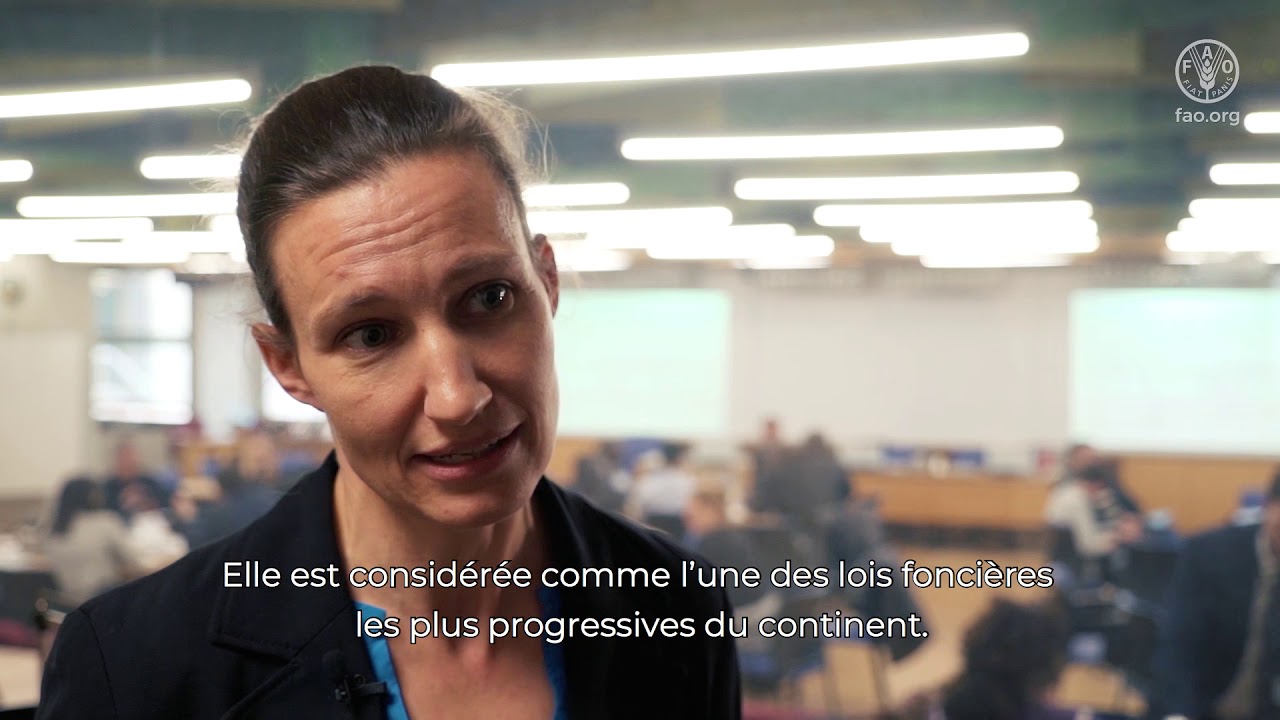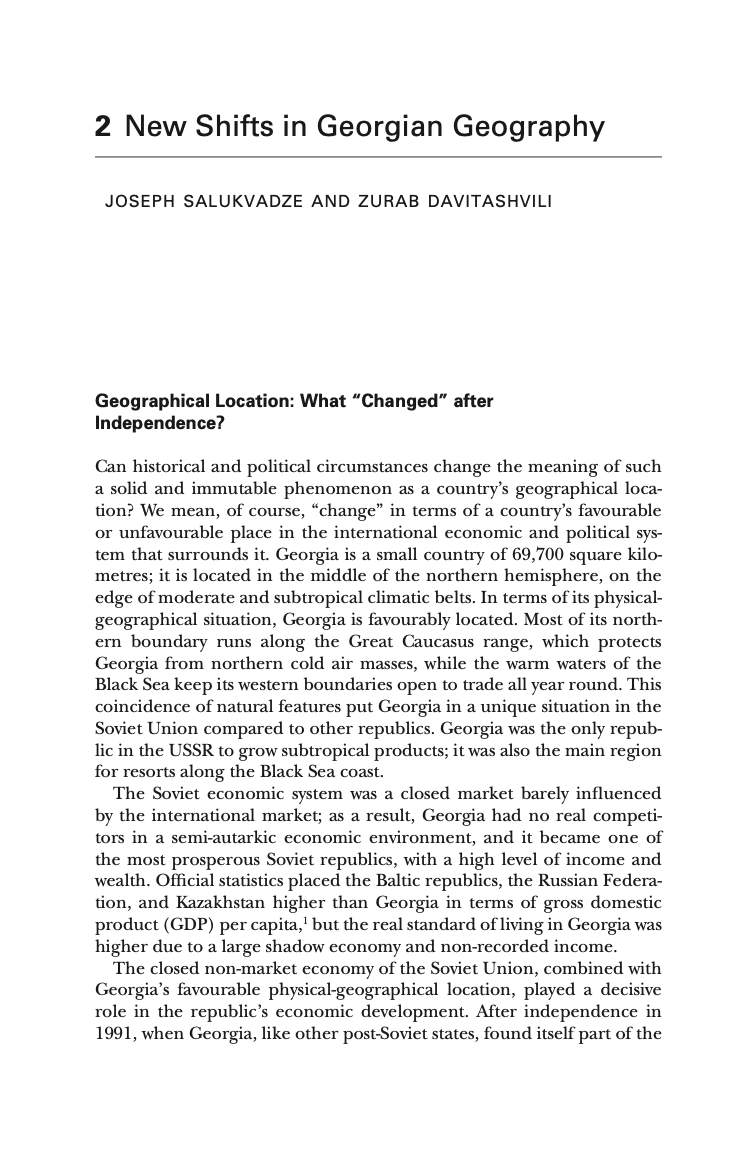Crop development with data-driven approach towards sustainable agriculture: Lifting the achievements and opportunities of collaborative research between CIAT and Japan
International Center for Tropical Agriculture (CIAT) has a long history of collaboration with Japanese institutions to develop improved crop varieties and adopt agricultural technologies with pioneering approaches for farmers’ benefit. Since 1972, Japan has enjoyed a long history of successful cooperation with the CGIAR (formerly the Consultative Group on International Agricultural Research) after becoming its 22nd Member to meet global challenges such as climate change affecting agriculture





